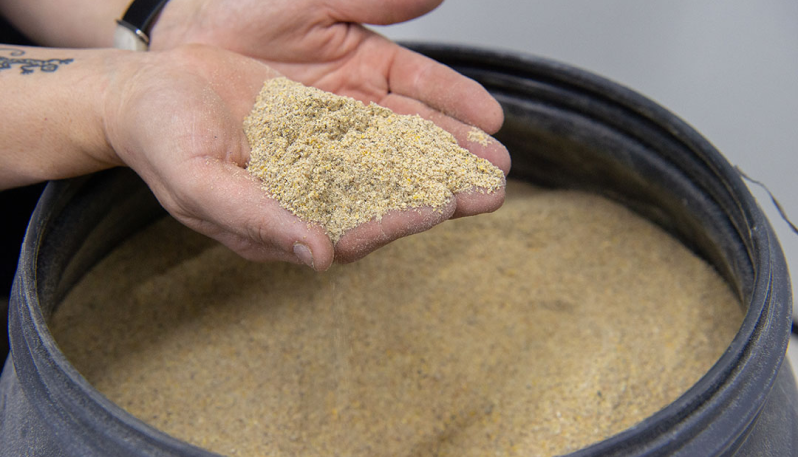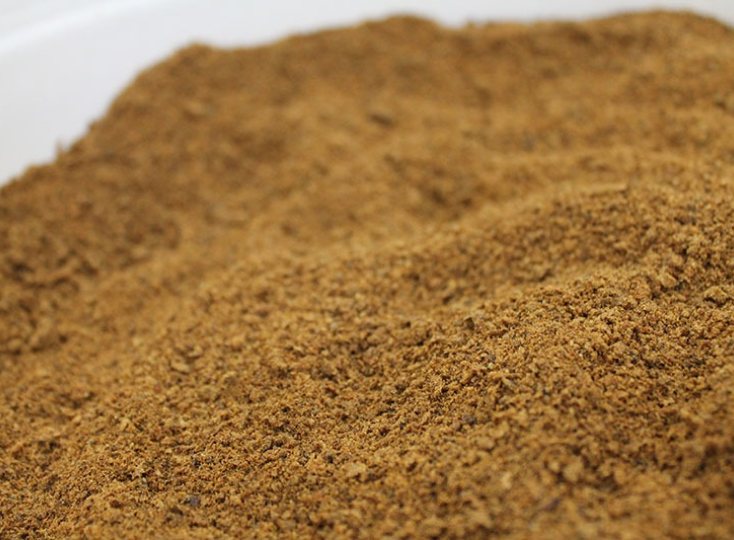Recent studies show that BSF insect meal outperforms other protein alternatives.

The high concentration of protein promotes faster and healthier growth in poultry and fish, ideal for increasing farm efficiency.
The essential nutrients in the meal strengthen animals' natural defenses, reducing disease incidence.
BSF meal contains natural prebiotics that improve gut health, enhancing nutrient absorption and overall well-being.
Sustained energy translates into higher activity levels and better performance in terms of reproduction and longevity.
Our BSF insect meal contains an exceptional nutritional profile, ideal for various applications in animal feed:
55%
Protein
15%
Lipids
5%
Moisture

Discover the power of BSF insect meal, a sustainable and efficient protein source for animal feed.

BSF insect meal is ideal for poultry, fish, pigs, cows, pets, and other farm animals. Its high protein content and balanced nutritional profile make it an excellent option for improving animal health and performance.
BSF insect meal outperforms other protein sources in terms of efficiency and sustainability. Its high protein content, digestibility, and balanced nutritional profile make it a superior alternative for animal feed.
Yes, our BSF insect meal is produced under strict quality and safety standards.
Yes, BSF insect meal can fully replace other protein sources in animal diets, providing a balanced nutritional profile and a sustainable, efficient protein source.
The use of BSF insect meal has a positive environmental impact, as it reduces reliance on conventional protein sources like soy and fish, which have a high environmental footprint. Additionally, insect farming is a sustainable activity that requires fewer resources and generates less waste than conventional livestock farming.
The use of BSF insect meal not only benefits animals but also the planet. Learn how our innovative solution contributes to a more sustainable future:

Reduction of Emissions
Less reliance on carbon-intensive resources.
Waste Recycling
We transform organic waste into valuable nutrients.
Resource Conservation
Less water and agricultural land usage compared to conventional protein sources.
Biodiversity
Support ecosystem health through sustainable practices.